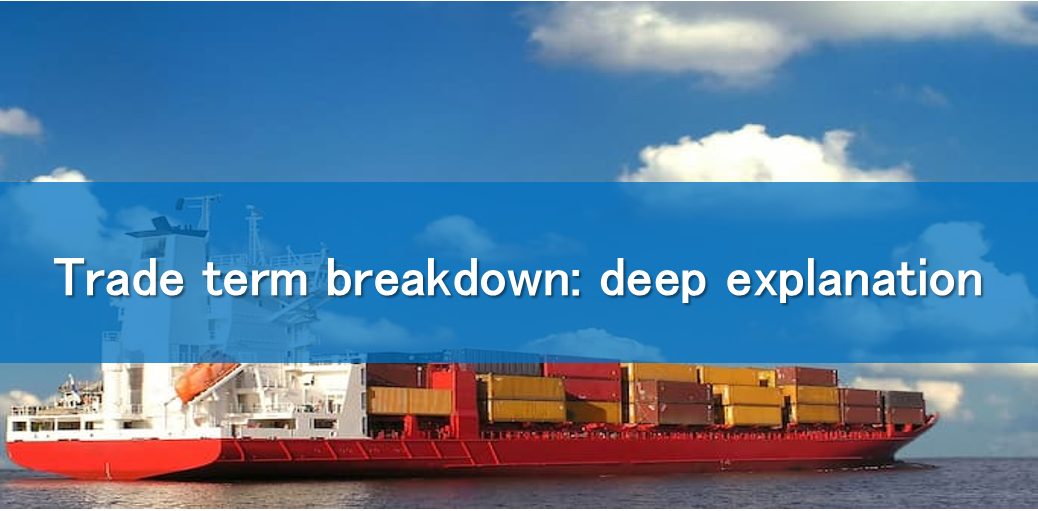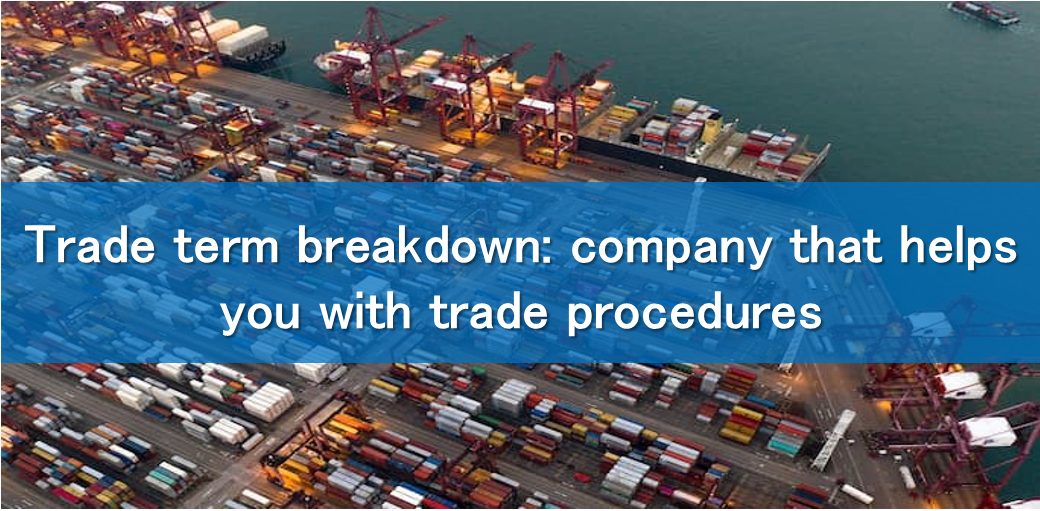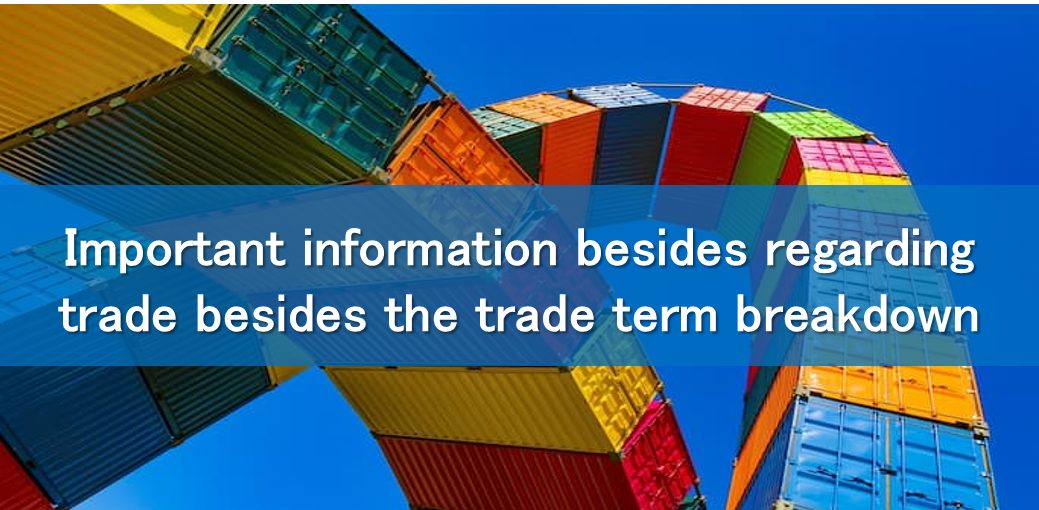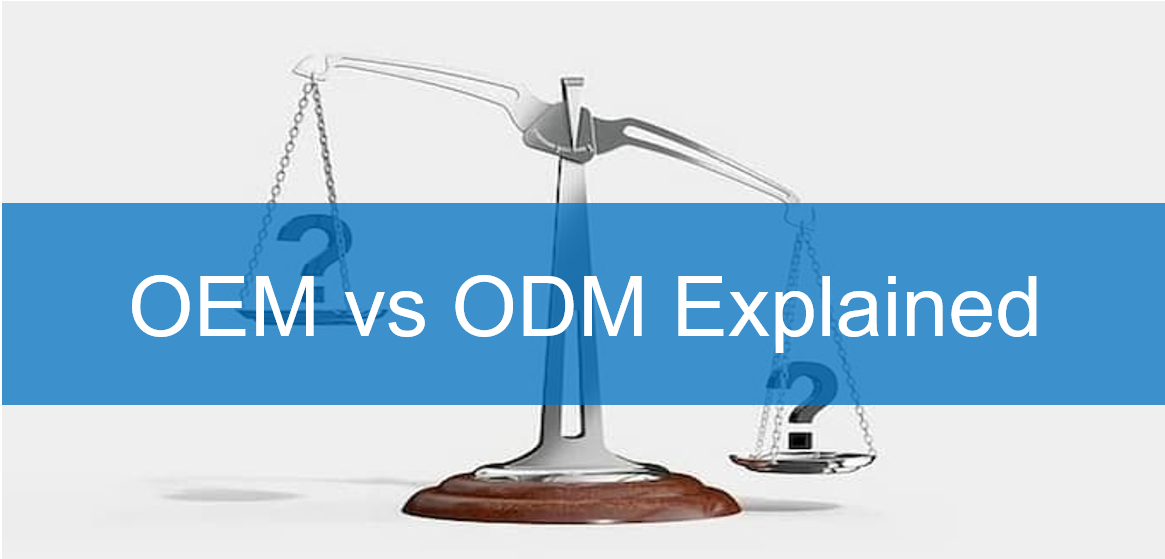
- HOME
- Cosmetic OEM Lab
I want to know trade term breakdown.
Is there other information that I need to be aware of rather than the trade term breakdown?
In principle, importation is generally free; however, it’s crucial to be aware that there are minimum necessary controls and adjustments in place. It is essential to ensure that the product you intend to trade is not subject to any import restrictions. If there are restrictions on the importation of a specific item, obtaining import approval becomes a necessary step to facilitate the trade process. This precautionary measure ensures compliance with regulations and helps navigate potential challenges associated with restricted imports.
Let’s get started.
Contents

In this section, I will provide an explanation of the trade term. While the term “trade term” might not be widely recognized, it holds significant importance, particularly for those engaged in importing products from overseas. Understanding trade terms is crucial for navigating the complexities of international trade and ensuring clarity in transactions and agreements.
When entering into export and import contracts, it is essential to pay sufficient attention to the terms of the transaction. This includes considerations such as quantity, quality, payment terms, shipping periods, and pricing conditions.
A globally recognized method for setting common pricing conditions is known as “Incoterms.” Established by the International Chamber of Commerce, Incoterms facilitate common understandings and agreements, aiming to establish international regulations to prevent issues from arising.
There are several types of trade terms, so let me explain in detail.
Let me focus on trade terms that are commonly used.
| EXW |
|
| CPT |
|
| DDP |
|
They must ensure that the goods are ready for unloading and fulfill the obligations of export and import. Therefore, the exporter takes care of arranging customs procedures and covers the costs of customs duties and charges. Once the goods are ready for unloading at the agreed-upon location, the risk transfers from the exporter to the importer. The responsibility for unloading lies with the importer.
As you can see, the fundamental distinction among different trade terms lies in the allocation of responsibility between the exporter and importer for the imported item. Clearly delineating these terms is expected to streamline the execution of their respective responsibilities and facilitate more straightforward discussions in the event of any problems that may arise.
Exports and imports can be facilitated not only through air transportation but also by sea. While sea shipping typically takes longer compared to air transport, it tends to be a more cost-effective option. These are the trade terms that are suitable for sea mail.
| FOB |
|
| CIF |
|

In this section, I will explain who can assist and support you when you are attempting to either export or import products. Each entity has its own strengths, so having this information will aid you in selecting the most suitable partner for your needs.
Probably, this is the most popular option.
A forwarder is a service provider that does not own its own means of transportation but utilizes various modes such as ships, aircraft, trucks, and railways. Forwarders engage in direct contracts with shippers to facilitate the transportation of goods.
This describes an international logistics specialist who handles all arrangements related to “importing,” which involves bringing products produced in Country A into circulation in Country B, and “exporting,” which entails sending goods from Country B abroad.
The most challenging aspect in international logistics is the significant burden on logistics personnel due to intricate documentation procedures, risk management, and complex regulatory frameworks. Particularly, the variances in laws, procedures, and detailed rules from country to country make it challenging to handle all aspects of international logistics operations within a company.
Forwarders play a crucial role in handling these specialized procedures and supporting risk control measures associated with the business.
When choosing a forwarder based on their expertise, it is crucial to consider the mode of transportation, whether they specialize in air or sea transport. Additionally, understanding the regions or countries a forwarder is familiar with is a significant factor.
Other considerations include whether the company specializes in handling dangerous goods, excels in handling refrigerated cargo, or has expertise in either imports or exports. Before committing, it’s essential for a company to internally define its priorities, such as the mode of transport, target countries or regions, and specific product categories.
Furthermore, it can be a strategic choice to get in touch with multiple forwarders rather than relying on a single company and asking for their information, cost, etc. Beyond transportation capabilities and costs, it’s important to consider ancillary services. Among forwarders, there is a growing trend of companies not only undertaking traditional transport tasks but also providing additional services for customer satisfaction.
A courier refers to an international express delivery company. Couriers provide end-to-end transportation services from the sender to the recipient. For lightweight, small-volume cargo, or items without significant import restrictions, using a courier service makes transportation convenient and straightforward.
The advantages of using a courier include speed and convenience. With the capability for end-to-end Door to Door transportation, quick deliveries are possible. Additionally, the ease of online application reduces the complexity of arranging transportation.
However, the downside of using a courier is that there are limitations on the types of cargo and regions they can transport. Items such as flora and fauna, fresh produce, dangerous goods, and perishable items are not typically handled by couriers.
When conducting exports or imports for the first time, it can be challenging to decide which service to choose. If you are a beginner, and you want a comprehensive service that handles various types of cargo, a forwarder may be the better choice. If arranging everything on your own seems difficult or if you are unsure about doing it properly, a forwarder might be more convenient and reassuring.
For those dealing with small quantities, non-hazardous items, and who need to obtain the goods promptly, a courier could be a good option.

In this article, I explained both the forwarder and the courier, highlighting their respective strengths because having this information is really important. However, before you make a choice, there are several things that you must do. It is crucial to conduct research on the following aspects:
As you may already know, each country has its own cosmetic regulations. For example, certain ingredients may be illegal for use in cosmetics in some countries, and there are differences in packaging regulations from one country to another, among other factors.
When seeking the services of a foreign cosmetic manufacturer to produce your product, there is a high likelihood that the manufacturer may lack sufficient information regarding regulations. Hence, it is crucial for you to thoroughly check and share the relevant regulatory information with them.
Similarly, each country mandates different documents for cosmetic registration and importing processes. The requirements vary, with some countries necessitating only 2 or 3 documents, while others may demand more than 10.
When engaging the services of a foreign cosmetic manufacturer, it is crucial to provide detailed information about the required documents in advance. Occasionally, certain documents may pose challenges for the manufacturer to prepare, potentially resulting in import complications. To avoid such issues arising after the product has been shipped or after you get the products, thorough research and communication regarding document requirements are of utmost importance.
If you proceed with the export and import procedure without having sufficient information and documents, you won’t be able to receive your products, and typically, the shipment may be returned to the exporter.
In many cases, the importer is responsible for the cost of returning the product and the cost of sending it back again. This situation can be avoided by ensuring sufficient service and communication. If you lack enough sources to obtain this information, contacting a local agency or forwarder is the best way to proceed.
You can obtain information through the internet, but it can be wrong quite often, and it is dangerous to trust it 100%.

The export and import procedures can be tricky and challenging. However, various services are available to assist and enhance your business, not only within your country but also internationally.
Once again, thorough research, effective communication, and, if necessary, consulting with local agencies or forwarders are essential to ensure the success of your international trade operations.
I hope this article proves beneficial for you!


OEM vs ODM Explained
2026.1.24
For further information, please contact us.